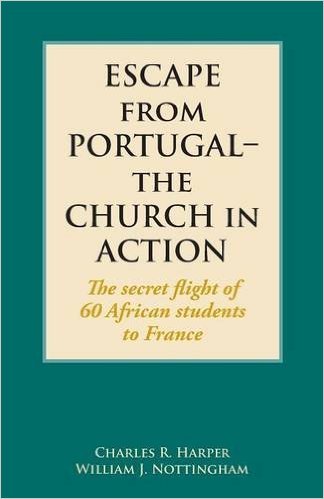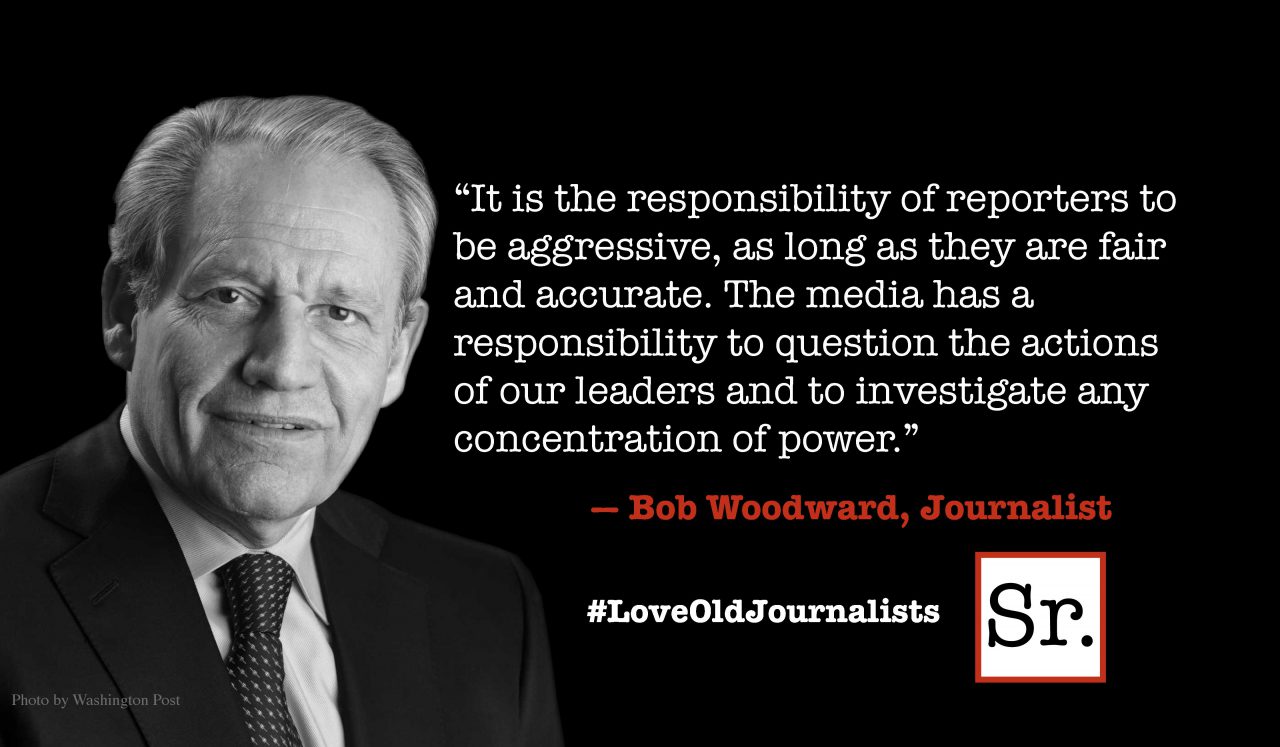Here is a book that may never get on the best-seller list, but which has riveted my attention. "Escape From Portugal—the Church in Action" tells a true story involving international intrigue, illegal clandestine operations, smuggling across two international borders, and the fostering of freedom in the Portuguese speaking African colonies of Angola, Mozambique, Cape Verde, Guinea, and Sao Tome.
I heard the story a half a century ago from Bill Nottingham, who in 1961 was a Christian Church (Disciples of Christ) missionary assigned to CIMADE, a French ecumenical church NGO working with the Algerian underground in that colony’s’ struggle for independence. Bill’s colleague and co-author was Charles Harper, a fraternal worker from the Presbyterian Church. During one of our weekly handball game Bill casually described what he had been doing the previous year. I said, “Bill, that is amazing! You just must get it written.” Last month fifty years after I first heard the account, Bill’s book telling the story was finally published.
I cannot tell that story in these allotted words. You just have to get the book from Amazon or some other outlet. It is available in both printed and electronic formats.
Here is the gist of Bill’s “missionary” adventure. In 1961 Angola was still dominated by a despotic Portuguese government under the brutal dictator, Salazar. Already there was revolutionary ferment in Angola clustered around an educated intellectual student group desperately interested in independence. Feeling threatened by the ferment, each year the top students from Angola and other Portuguese speaking African colonies were brought to Portugal, ostensibly for further education.
What happened to them there remains a mystery. Since they might have become the forerunners of a freedom movement, the Portuguese government saw to it that they were never heard of again. Earlier in 1961 the World Council of Churches was secretly contacted by the current crop of 50 or 60 of these students now in Portugal, whose passports had been confiscated, whose presence was under constant surveillance by the Portuguese police, and who were fearing for their lives. Believing the students were no more than prisoners, the World Council contacted CIMADE and asked if that agency could do something about getting these students out of Portugal.
A couple of young missionaries — now called fraternal workers — including my friend Bill Nottingham, were serving as interns with CIMADE and were asked if they might take on this impossible task. They agreed, and thus began the unfolding of these striking events. So what did these young Christian fraternal workers do? That is what the book is about.
James Beaumont, head of CIMADE , and Charles Harper go to Lisbon and secretly contact the African students. Bill remains in Paris where he recruits three seminarians from Union Seminary in New York. They rent a series of high powered cars, some with false bottoms, hire professional smugglers, secure false passports basically from the embassy in Senegal (all black Africans look the same to Europeans) travel to the Portuguese border crossing the river into Spain in a smuggler’s boat, drive these terrified Africans hundreds of miles on back roads across northern Spain to the border that would take them into France, where with help of the deGaulle government they cross that international boundary and get the students out of harm’s way. And then Bill goes back to the Portuguese border and does it all over again with another group of African students. Most of these activities were funded by the American Methodist Church.
SO THAT’S WHAT MISSIONARIES DO! I THOUGHT THEY JUST SAT AROUND CONVERTING THE NATIVES BY TELLING BIBLE STORIES.
The Appendix lists the names and professional contributions of the 60 freed students who subsequently held high government positions in Africa. Two became national presidents, two prime ministers, several ambassadors, many other government ministers or NGO officials and one bishop. Others became involved in law, business, health care and other strategic professions.
For the full impact you must get the book.









